Parliament dumps federal prosecutor
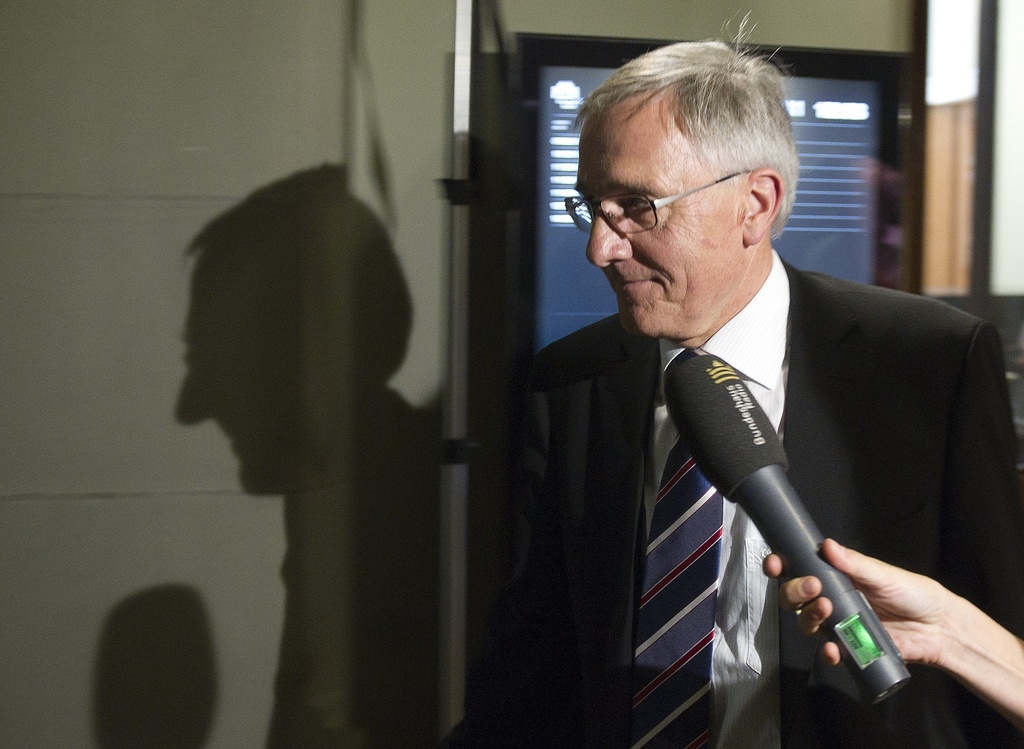
Controversial Federal Prosecutor Erwin Beyeler has failed to win re-election by parliament.
In a surprise result, Beyeler fell just five votes short of re-election, winning 109 votes of a possible 227 from both the House of Representatives and the Senate.
The rightwing Swiss People’s Party had called for Beyeler not to be confirmed for a second term in office, while the Greens officially abstained in the ballot.
Beyeler had come under strong criticism from the People’s Party since his elevation to the post in 2007. The party accused him of covering up a plot to oust former justice minister and People’s Party strongman Christoph Blocher.
More recently, the party accused Beyeler of mishandling a case against Zurich banker Oskar Holenweger, who was acquitted in April of money laundering after an eight-year investigation.
But other parties in parliament supported Beyeler’s re-election, arguing it made no sense to change the head of the prosecutor’s office and destabilise the federal judiciary.
“In the post of prosecutor, Beyeler was not incontestable,” Christian Democrat senator Philipp Stähelin told his colleagues before voting in favour of Beyeler, which he said he did to “bring peace to the Federal Prosecutor’s Office”.
And while the centre-left Social Democrats officially supported Beyeler’s re-election, they also criticised him for a lack of results.
“The majority of the group wanted to distance themselves from the campaign against Beyeler led by the People’s Party,” Social Democrat parliamentarian Margret Kiener Nellen said in explaining the party’s vote.
Beyeler for his part described Wednesday’s non-election as a political move.
“I hoped parliament would not yield to political manoeuvering,” he told public radio.
Making history
The decision to dump Beyeler was the first time in Swiss history that parliament rather than cabinet had the final say in the appointment of a federal prosecutor and caps a series of controversies which have for years beleaguered the prosecutor’s office.
Following an inquiry by a parliamentary committee, the cabinet officially handed power to elect Switzerland’s top prosecutor to parliament in the spring of 2010.
The move followed the resignation in 2006 of Beyeler’s predecessor Valentin Roschacher, who quit the post under pressure over his handling of the Holenweger case and conflict with then justice minister Blocher.
Before Roschacher, the post of federal prosecutor was held by Carla del Ponte – who later went on to become chief prosecutor of the International Criminal Tribunal for the Former Yugoslavia and Rwanda – who was also criticised in the role for a lack of results.
Both Swiss federal and cantonal prosecutors face similar problems with a tendency to mount large, complicated and expensive cases, which more often than not fail to deliver substantial convictions.
Finding a successor
Parliament is now tasked with initiating a public recruitment process to find and elect Beyeler’s replacement during the autumn session.
The selected candidate will take up the post on January 1 but will face a tough job in bringing unity and purpose to an office which has been the subject of fierce politicking in recent years.
Radical Party parliamentarian Christian Lüscher underlined the difficulties facing Switzerland’s next prosecutor.
“Today’s decision, taken for purely political reasons and which has nothing to do with the person who is Mr Beyeler, is all the more regrettable because it undermines an institution whose legitimacy should be strengthened rather than weakened.”
In Switzerland, a large majority of criminal prosecutions are undertaken by cantonal judicial authorities. Crimes falling under federal jurisdiction are investigated and prosecuted by the Federal Prosecutor’s Office.
Such crimes include terrorism, currency counterfeit, espionage, corruption, money laundering, and international organised crime.
Crimes committed by federal employees in the execution of their duties also come under the domain of the federal prosecutor.
The Federal Prosecutor’s Office was created in 1848 at the time of the birth of the Swiss confederation.
It comprises 150 employees, and is based in Bern with offices in Lugano, Lausanne and Zurich.
Federal criminal cases are tried before the Federal Criminal Court in Bellinzona, and appeals are heard by the Federal Court in Lausanne.

In compliance with the JTI standards
More: SWI swissinfo.ch certified by the Journalism Trust Initiative
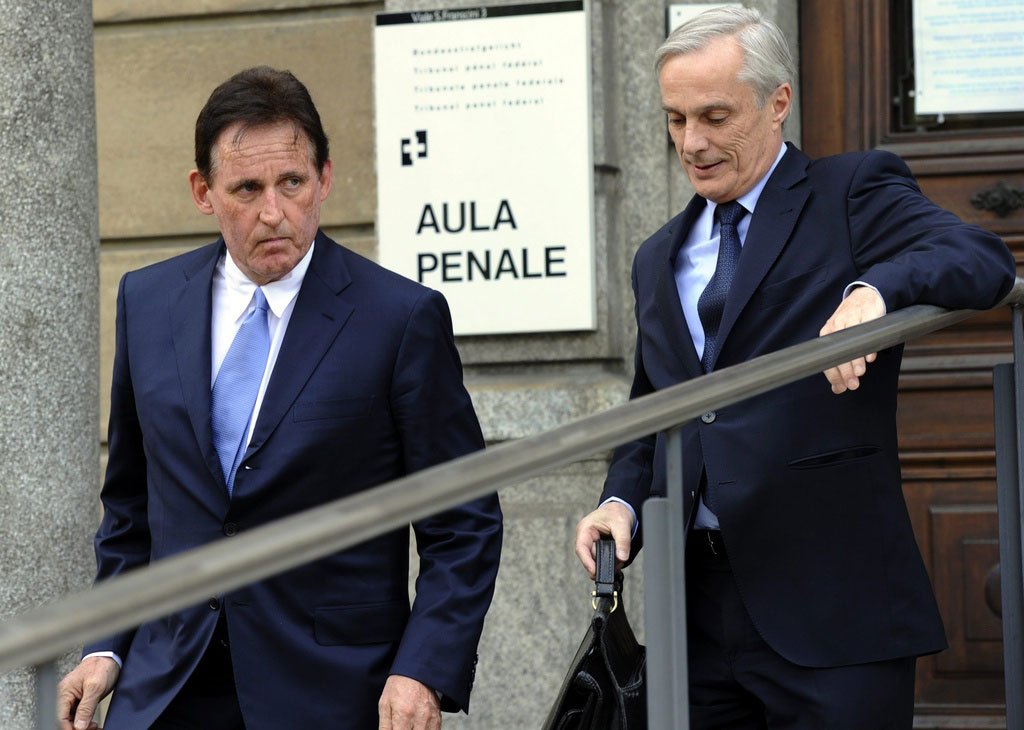
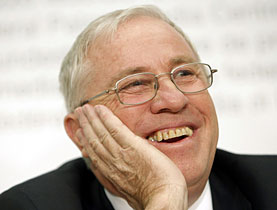
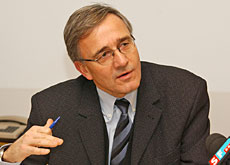
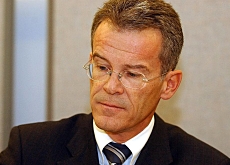
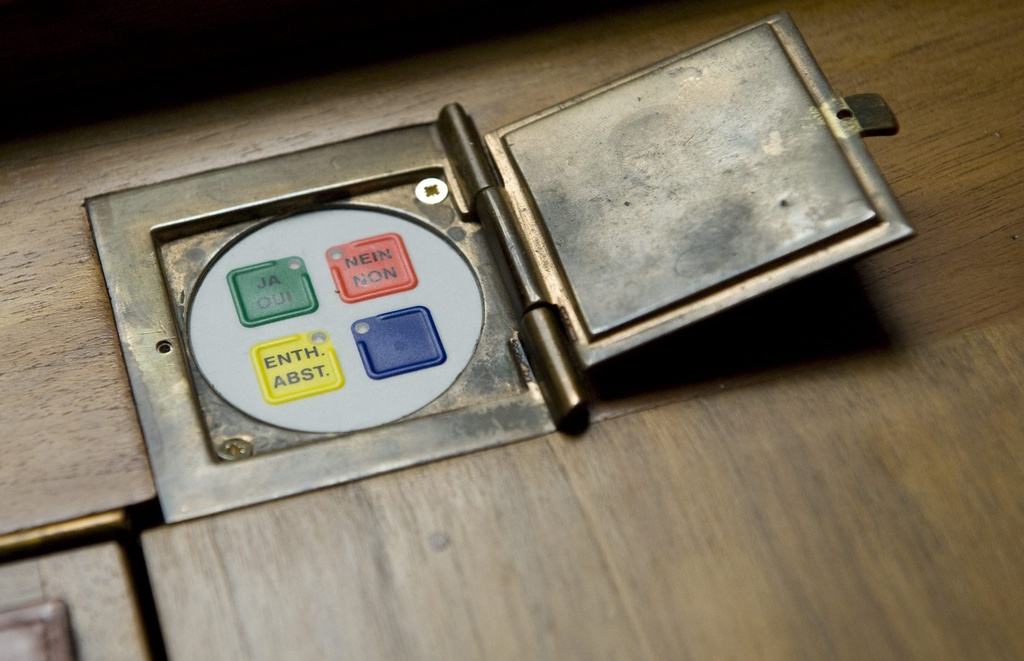
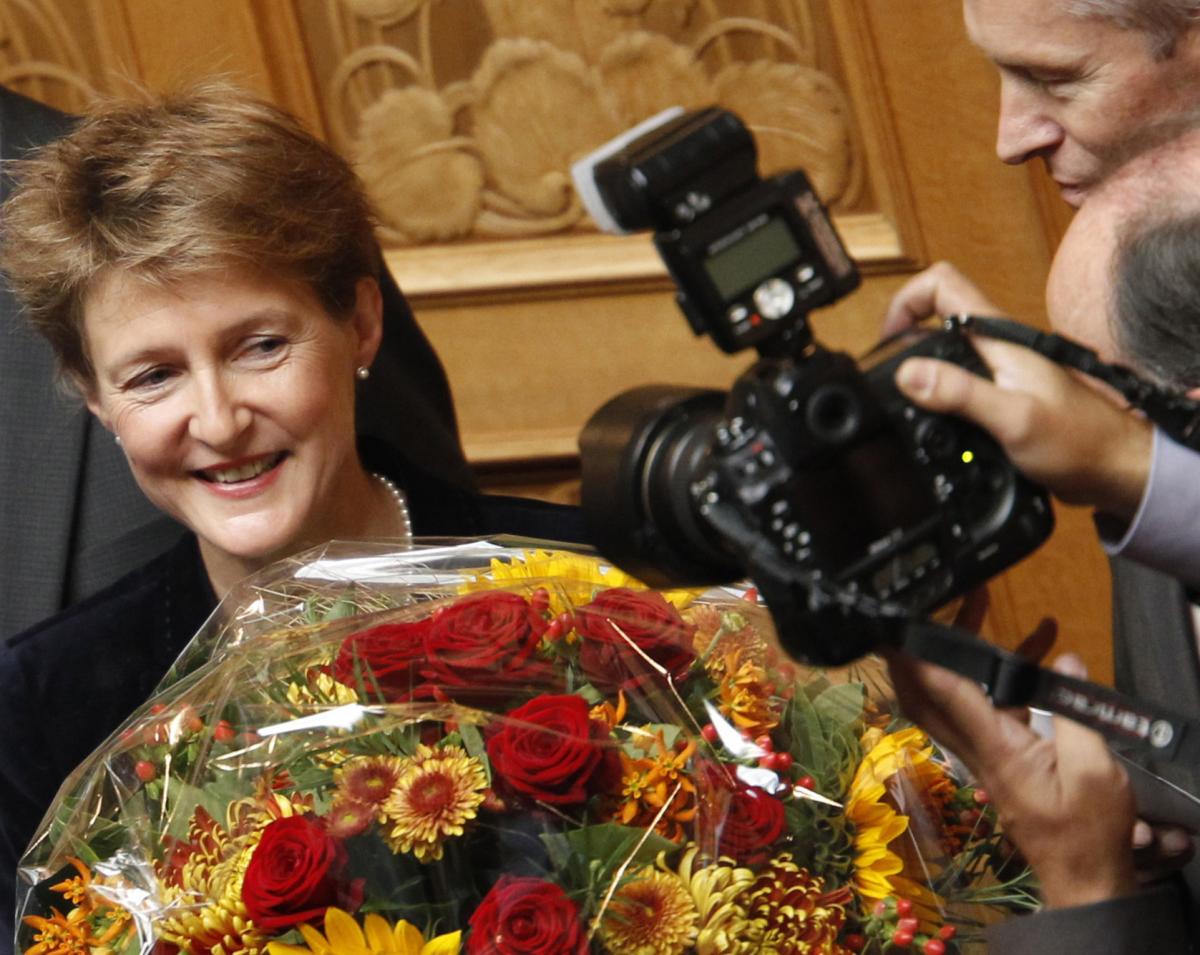
You can find an overview of ongoing debates with our journalists here. Please join us!
If you want to start a conversation about a topic raised in this article or want to report factual errors, email us at english@swissinfo.ch.